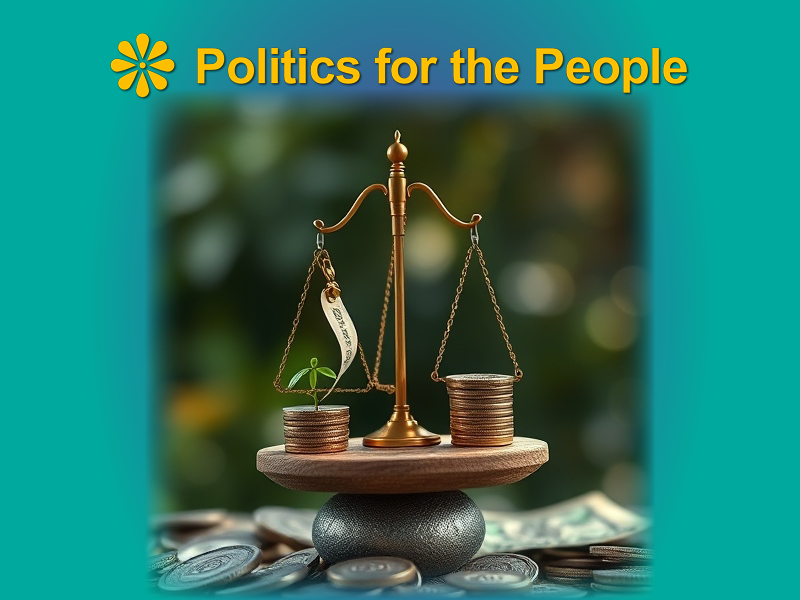Introduction
BlackRock, the world’s largest asset management company, has significantly affected Australia’s financial and political landscape. With over $9 trillion in assets under management, BlackRock’s influence extends beyond economics into politics, raising concerns about power concentration and democratic integrity. This article delves into BlackRock’s role in Australia and its implications.
The Rise of BlackRock
BlackRock’s Growth and Market Presence

BlackRock’s ascent in Australia is driven by its vast financial resources and ability in asset management. As of 2021, the company manages over $9 trillion in assets, making it a colossal entity in the financial sector. Its Australian operations have expanded steadily, with significant investments in banking, mining, and real estate sectors.
BlackRock’s growth can be traced back to its founding in 1988, when it started as a risk management and fixed income institutional asset manager. Today, it is a global leader in investment management, risk management, and advisory services for institutional and retail clients. The company’s extensive reach and influence are due to its diversified investment portfolio and strategic acquisitions over the years.
Strategic Investments in Key Sectors
BlackRock’s strategy includes buying substantial stakes in vital sectors of the Australian economy. This broad investment approach not only ensures financial returns but also secures its influence over key economic activities, further solidifying its position in the market.
In the banking sector, BlackRock holds significant shares in major Australian banks, which allows it to influence banking policies and practices. In the mining sector, its investments in leading mining companies give it a say in the direction of resource extraction and related environmental policies. Similarly, in real estate, BlackRock’s investments in major property developments impact urban planning and housing markets.
Political Connections and Lobbying
BlackRock’s Political Influence
BlackRock’s influence extends beyond financial markets into the political arena. The company has forged strong connections with political figures, using its financial power to shape policy decisions. This extensive lobbying has raised concerns about the potential for undue influence and the impact on democratic processes.
The Extent of Lobbying Activities
While corporate lobbying is common, BlackRock’s scale and engagement in Australian politics are unprecedented. The company uses its influence to access key policymakers, ensuring its interests are considered in legislative and regulatory frameworks, which may not always align with public interests.
BlackRock’s lobbying efforts include direct interactions with politicians, funding political campaigns, and taking part in policy-making committees. These activities are designed to create a favourable regulatory environment for its investments. However, the lack of transparency in these dealings has raised alarms about the potential for corruption and conflicts of interest.
The Resource Sector and Environmental Concerns
Investments in Mining and Resource Extraction
Australia’s resource-rich economy is a prime target for BlackRock’s investments. The company holds substantial stakes in major mining operations, raising environmental concerns among advocates who fear that BlackRock’s interests may prioritize extraction over sustainability.
Environmental Impact and Policy Influence
Critics argue that BlackRock’s influence could lead to policies that favour resource extraction, potentially undermining efforts to combat climate change and protect ecosystems. This conflict highlights the tension between corporate interests and environmental stewardship.
BlackRock has faced criticism for its investments in companies involved in fossil fuel extraction and other environmentally damaging activities. Despite its public commitment to sustainable investing and support for the Paris Agreement, BlackRock’s actions often speak louder than words. Environmental activists argue that BlackRock’s commercial interests in the resource sector drive policies that prioritize short-term profits over long-term sustainability.
The Impact on Financial Regulation
Market Dominance and Regulatory Influence
BlackRock’s market dominance gives it significant sway in shaping Australia’s financial regulatory environment. Experts warn that this concentration of power can lead to regulations that favour large financial institutions, potentially stifling competition and limiting consumer choice.
Potential Distortion of Market Dynamics
The influence of a single entity like BlackRock can distort market dynamics, creating an uneven playing field. This distortion can hinder the growth of smaller competitors and affect the overall health of the financial market.
BlackRock’s ability to influence financial regulation stems from its extensive network of industry connections and its involvement in regulatory advisory roles. The company often provides input on policy proposals and regulatory frameworks, which can lead to a regulatory environment that caters to its interests. This dominance can marginalize smaller financial institutions and create barriers to entry, reducing market competition and innovation.
Public Awareness and Transparency
Calls for Greater Transparency
As BlackRock’s influence grows, so does the need for transparency and public scrutiny. Critics advocate for more disclosure about the company’s investments, lobbying activities, and potential conflicts of interest. Increased transparency can help ensure that policy decisions are made in the public’s best interest.
Ensuring Accountability in Corporate Practices
Transparency measures are essential for holding corporations accountable and keeping public trust. By promoting open practices, Australia can mitigate the risks associated with concentrated corporate power and ensure that democratic processes still are intact.
Public awareness campaigns and regulatory reforms are crucial for increasing transparency. Activists and watchdog organizations call for mandatory disclosure of corporate lobbying activities, detailed reporting on investment portfolios, and stringent conflict-of-interest regulations. These measures can help ensure that corporate actions align with public welfare and democratic principles.
Conclusion
BlackRock’s growing influence in Australia’s economy and politics has sparked debate about the concentration of power and its impact on democracy. While the company’s financial resources bring benefits, it is crucial to balance corporate interests with national welfare. By promoting transparency, accountability, and a robust regulatory framework, Australia can safeguard its democratic integrity and ensure that corporate power does not overshadow public interests.
Question for Readers
How should Australia balance corporate power and democratic integrity?
Call to Action
Stay informed and advocate for transparency and accountability in corporate-political relations. Share this article with your contacts and on social media to spread awareness.
References:
BlackRock still has a big gun problem
https://qz.com/2170128/blackrock-is-still-the-largest-shareholder-in-gun-stocks
BlackRock’s gun money
https://www.axios.com/2022/05/27/blackrocks-gun-money
Banks and financial institutions profiting from weapons
https://www.ethicalconsumer.org/money-finance/banks-weapons
Undue influence of the arms industry in Australia
https://johnmenadue.com/undue-influence-of-the-arms-industry-in-australia/
The secretive world of Australia’s arms exports
https://overland.org.au/2021/03/the-secretive-world-of-australias-arms-exports/

